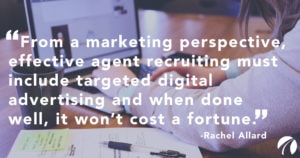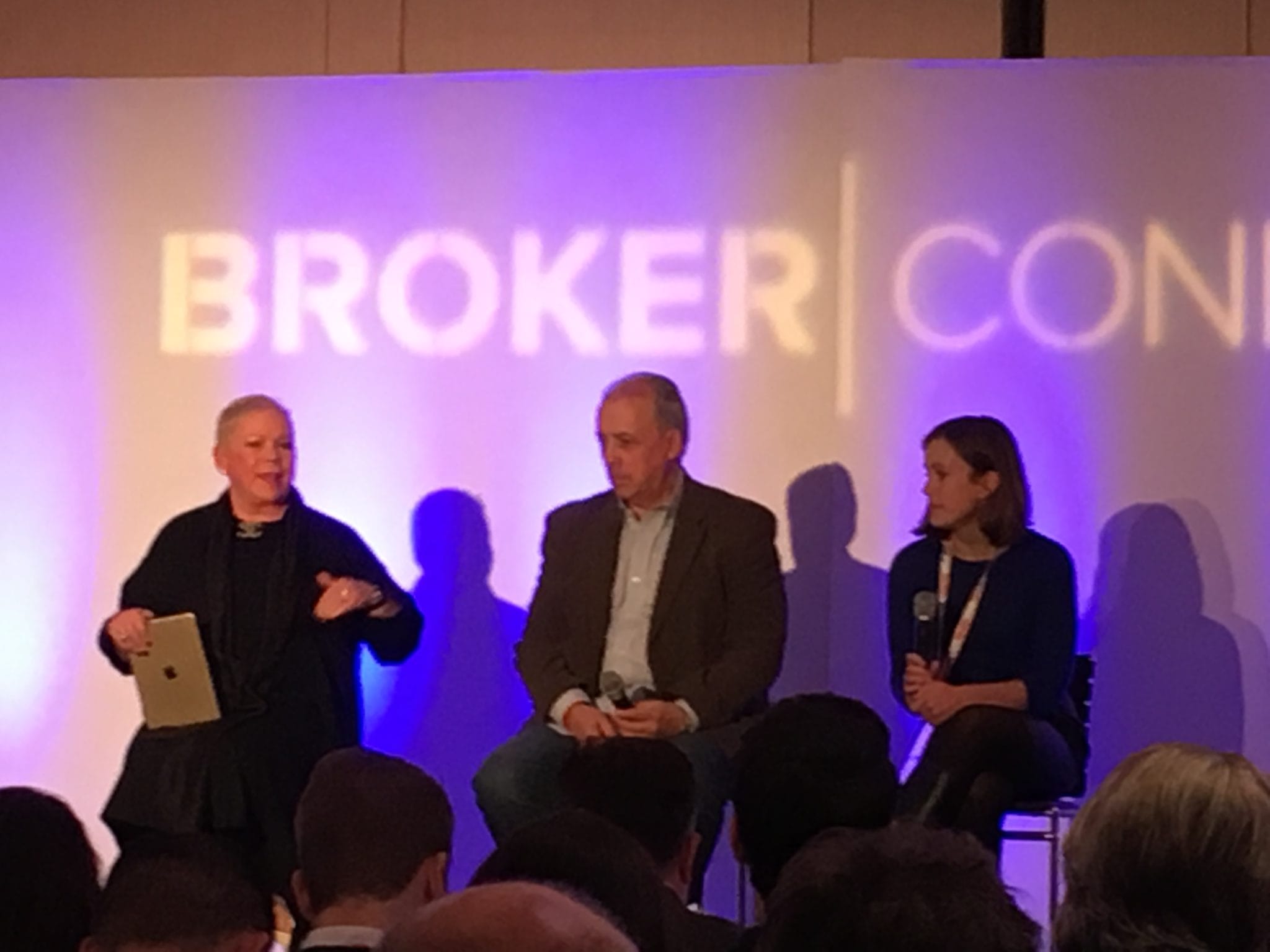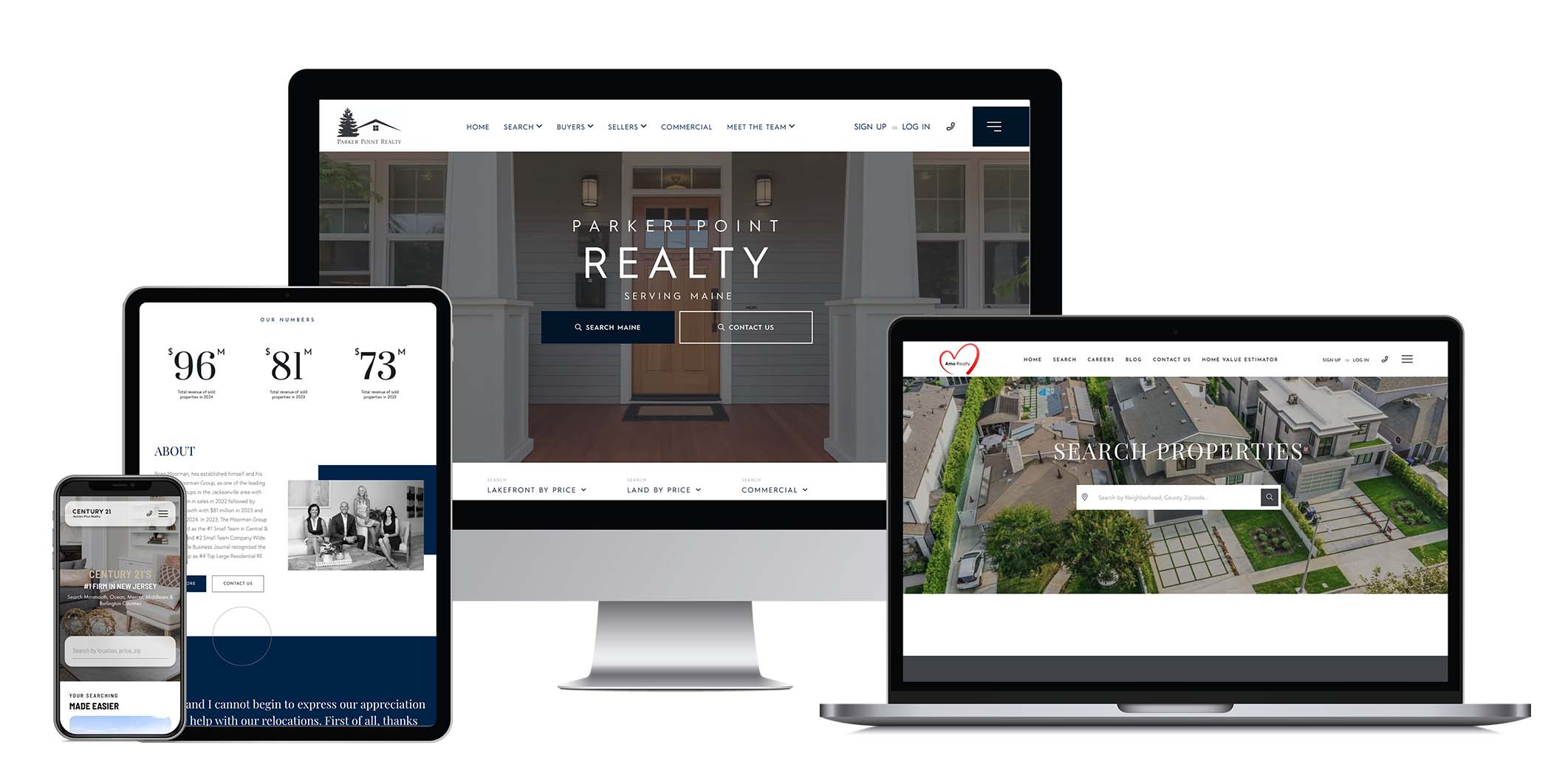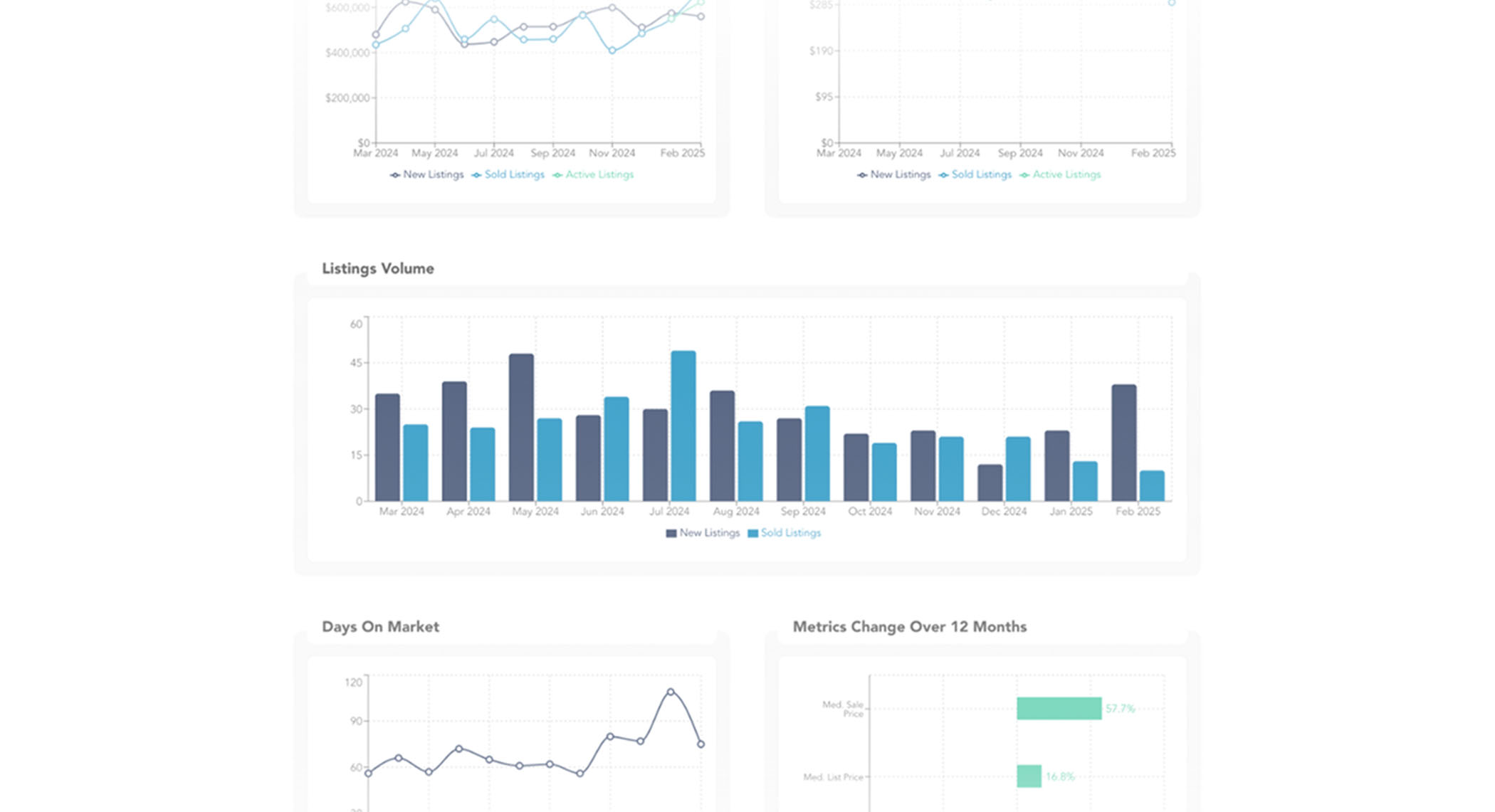Inman Connect 2017: Using Technology to Recruit Agents
In case you missed Rachel Allard with Sherry Chris and Bill Lublin at Inman Connect New York, below are the panel highlights.
Key Takeaways
- Any agent recruiting strategy must include Facebook advertising; Facebook and its family of applications, including Instagram, are only getting smarter.
- Personalization is essential.
- Not all agents are alike: test different messaging and audience segmentation strategies to identify what generates the best response, and use that insight to have personalized conversations when face to face.

- Challenges with online and offline data connectivity plays a role in agent recruiting.
- Tracking one user across all digital content is challenging. However, the user data we can target is more powerful than ever.
- Traditional cookies are no longer the universal identifiers.
- Facebook and Google SSO (single sign on) have grown, which gives them better connectivity across browsers like Chrome and Safari and different devices. This means that they can glean more behavioral data on users than ever before that can be used to target your advertising to only the people you want.
- Offline, this means that finding systems to track agent recruiting from beyond the inquiry to the interview and then post-hire agent development is also important. Tools exist, like Lever, Predictive Index, and more, for brokers to track recruiting efforts. They can assess individual behavior, personalize interview questions, assess performance, develop coaching plans, and more. Brokers should marry that data with marketing analytics from their agent recruiting campaigns for the most success.
[blog_cta]
“Culture Eats Strategy for Breakfast.”
- The most important parts of an effective agent recruitment strategy are knowing your audience, personalizing the message at every step of the way, and having a strong set of values that can be articulated, i.e. company culture.
- Brokers need to know why someone would want to join their team and if they don’t have a compelling differentiator, creating one is the first step.
- Personalization means everything from varying ad copy, like targeting different messaging to different prospects based on demographics and psychographics, all the way to varying in person interviews.

Reactions












